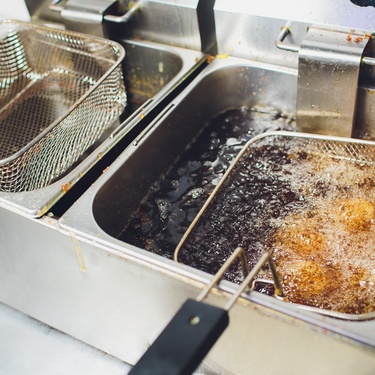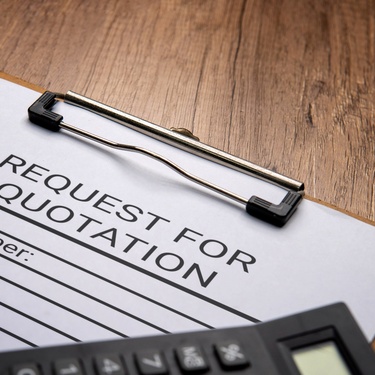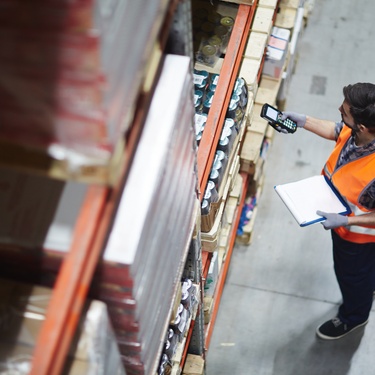
Grease management might not be the most glamorous part of running a restaurant, but it’s one of the most critical. Without proper handling, grease buildup can lead to plumbing disasters, regulatory fines, and the potential closure of your beloved business. Here’s a breakdown of the grease regulations you must abide by to help your restaurant stay compliant.
Grease Traps and Why They Matter
At the heart of grease regulations is the grease trap. This device prevents fats, oils, and grease (commonly referred to as FOG) from clogging municipal sewer systems. Without proper control measures, FOG can cause serious environmental and public health issues, which is why nearly every jurisdiction has strict rules about grease trap maintenance.
But installing a grease trap is just the beginning; regular cleaning and maintenance are also mandatory. We cover the legal basics below.
What the Law Says (and Why You Should Care)
Different cities and states have their own grease regulations, but they typically revolve around these key areas: the installation, cleaning, and documentation of grease traps.
Installation Standards
Restaurants must install grease traps or interceptors that meet size and flow rate requirements. Check with your local health department to ensure your equipment is up to code.
Routine Cleaning
Regularly cleaning your business’s grease trap is essential to keep it functioning effectively. Though the ideal frequency for commercial grease trap cleaning varies by usage, you should refer to local regulations as your guide.
Documentation and Reporting
Many areas require restaurants to keep records of grease trap cleaning and maintenance. Be sure to log dates and the name of the service provider to avoid any compliance hiccups.
Stay Compliant and Clean
Restaurants must abide by these grease regulations to mitigate the effects of FOGs on the environment and human health. Though it might seem overwhelming to navigate the requirements and red tape, it can be as simple as partnering with a trusted grease trap installer and servicer. Professionals can accurately and legally install your restaurant’s grease trap, as well as stay on top of routine cleanings for sustained compliance. With this partnership and general good kitchen practices in place (such as not pouring oil down the drain), your establishment can use FOGs without making costly mistakes.
Bio: Casey is a passionate copyeditor highly motivated to provide compelling SEO content in the digital marketing space. Her expertise includes a vast range of industries from highly technical, consumer, and lifestyle-based, with an emphasis on attention to detail and readability.

























